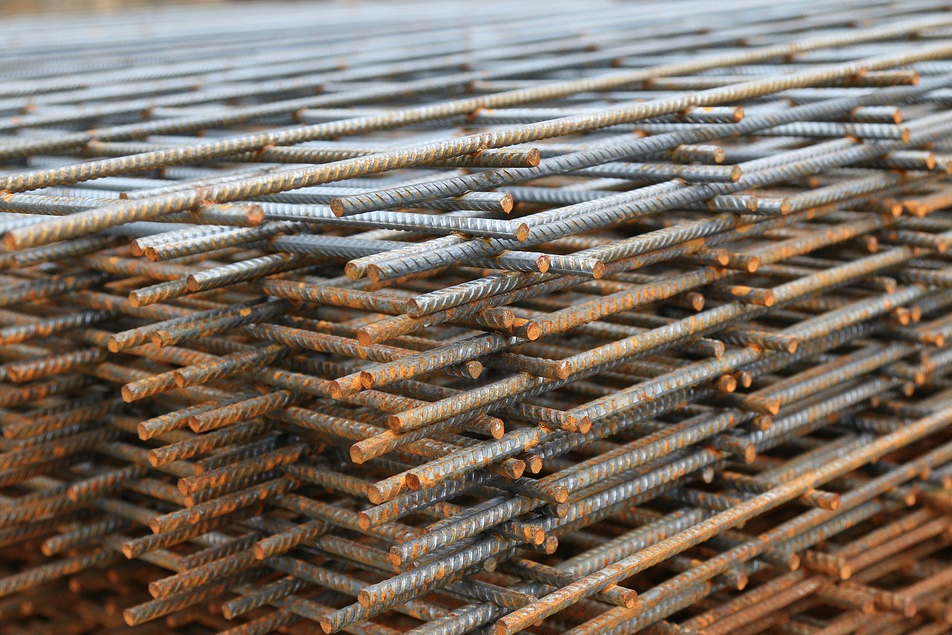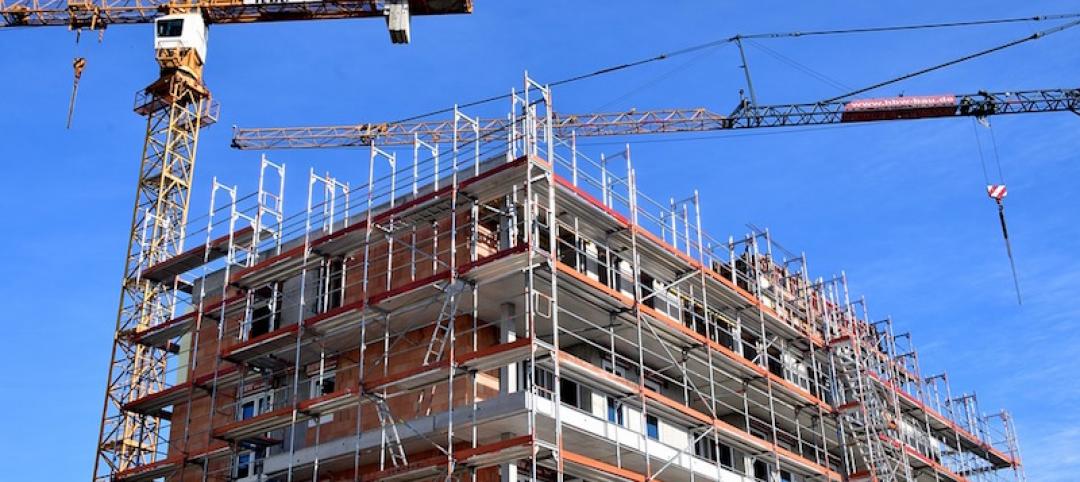Construction costs escalated in February, driven by price increases for a wide range of building materials including steel and aluminum, according to an analysis by the Associated General Contractors of America of Labor Department data released today. Association officials warned that newly imposed tariffs on those metals will create steeper increases that will squeeze budgets for infrastructure, school districts and commercial projects.
"Price increases have accelerated for many construction materials in the last two years, with additional increases already announced, and others on the way as soon as tariffs on steel and aluminum take effect," said the association's chief economist, Ken Simonson. "Contractors will be forced to pass these cost increases along in bid prices, but that will mean fewer projects get built. And contractors that are already working on projects for which they have not bought some materials are at risk of absorbing large losses."
The producer price index for inputs to construction industries—a measure of all goods and services used in construction projects including items consumed by contractors, such as diesel fuel—rose 0.6% in February alone and 4.4% over 12 months. The index increased by 4.2% in 2017 and just 0.9% in 2016, the economist noted.
"Many materials contributed to the latest round of increases," Simonson observed. "Moreover, today's report only reflects prices charged as of mid-February. Since then, producers of steel and concrete have implemented or announced substantial additional increases, and the huge tariffs the President has imposed will make steel, aluminum and many products that incorporate those metals even more expensive."
From February 2016 to February 2017, the producer price index rose 11.6% for aluminum mill shapes, 4.8% for steel mill products and 10.0% for copper and brass mill shapes. Metal products that are used in construction include steel bars (rebar) to reinforce building and highway concrete; piles and beams (structural steel) in buildings; steel studs to support wallboard in houses and buildings; steel and copper pipe; and aluminum window frames, siding and architectural elements. Several other products that are important to construction also had large price increases over the past 12 months: diesel fuel, 38.5%; lumber and plywood, 13.2%; gypsum products, 8.0%; and plastic construction products, 4.9%.
Construction officials said the new tariffs will raise costs for firms, many of which are locked into fixed-price contracts with little ability to charge more for their services. They said funding the President's infrastructure plans would be a better way to foster demand for domestic steel and aluminum without harming contractors
"Tariffs may help a few producers but they harm contractors and anyone with a limited budget for construction," said Stephen E. Sandherr, the association's chief executive officer. "The best way to help the U.S. steel and aluminum sector is to continue pushing measures, like regulatory reform and new infrastructure funding, that will boost demand for their products as the economy expands."
Related Stories
Market Data | May 7, 2018
Construction employers add 17,000 jobs in April and 257,000 for the year
Unemployment rate for construction increases slightly compared to year earlier as higher pay levels appears to be attracting people with recent construction experience back into the workforce.
Market Data | May 2, 2018
Construction employment increases in 245 metro areas between March 2017 & 2018, as trade fights & infrastructure funding shortfalls loom
Houston-The Woodlands-Sugar Land, Texas and Weirton-Steubenville, W.Va.-Ohio experience largest year-over-year gains; Baton Rouge, La. and Auburn-Opelika, Ala. have biggest annual declines.
Market Data | May 2, 2018
Nonresidential Construction down in March, private sector falters, public sector unchanged
February’s spending estimate was revised roughly $10 billion higher.
Market Data | Apr 30, 2018
Outlook mixed for renewable energy installations in Middle East and Africa region
Several major MEA countries are actively supporting the growth of renewable energy.
Market Data | Apr 12, 2018
Construction costs climb in March as wide range of input costs jump
Association officials urge Trump administration, congress to fund infrastructure adequately as better way to stimulate demand than tariffs that impose steep costs on contractors and project owners.
Market Data | Apr 9, 2018
Construction employers add 228,000 jobs over the year despite dip in March
Average hourly earnings increase to $29.43 in construction, topping private sector by nearly 10%; Association officials urge updating and better funding programs to train workers for construction jobs.
Market Data | Apr 4, 2018
Construction employment increases in 257 metro areas between February 2017 & 2018 as construction firms continue to expand amid strong demand
Riverside-San Bernardino-Ontario, Calif. and Merced, Calif. experience largest year-over-year gains; Baton Rouge, La. and Auburn-Opelika, Ala. have biggest annual declines in construction employment.
Market Data | Apr 2, 2018
Construction spending in February inches up from January
Association officials urge federal, state and local officials to work quickly to put recently enacted funding increases to work to improve aging and over-burdened infrastructure, offset public-sector spending drops.
Market Data | Mar 29, 2018
AIA and the University of Minnesota partner to develop Guides for Equitable Practice
The Guides for Equitable Practice will be developed and implemented in three phase.
Market Data | Mar 22, 2018
Architecture billings continue to hold positive in 2018
Billings particularly strong at firms in the West and Midwest regions.

















